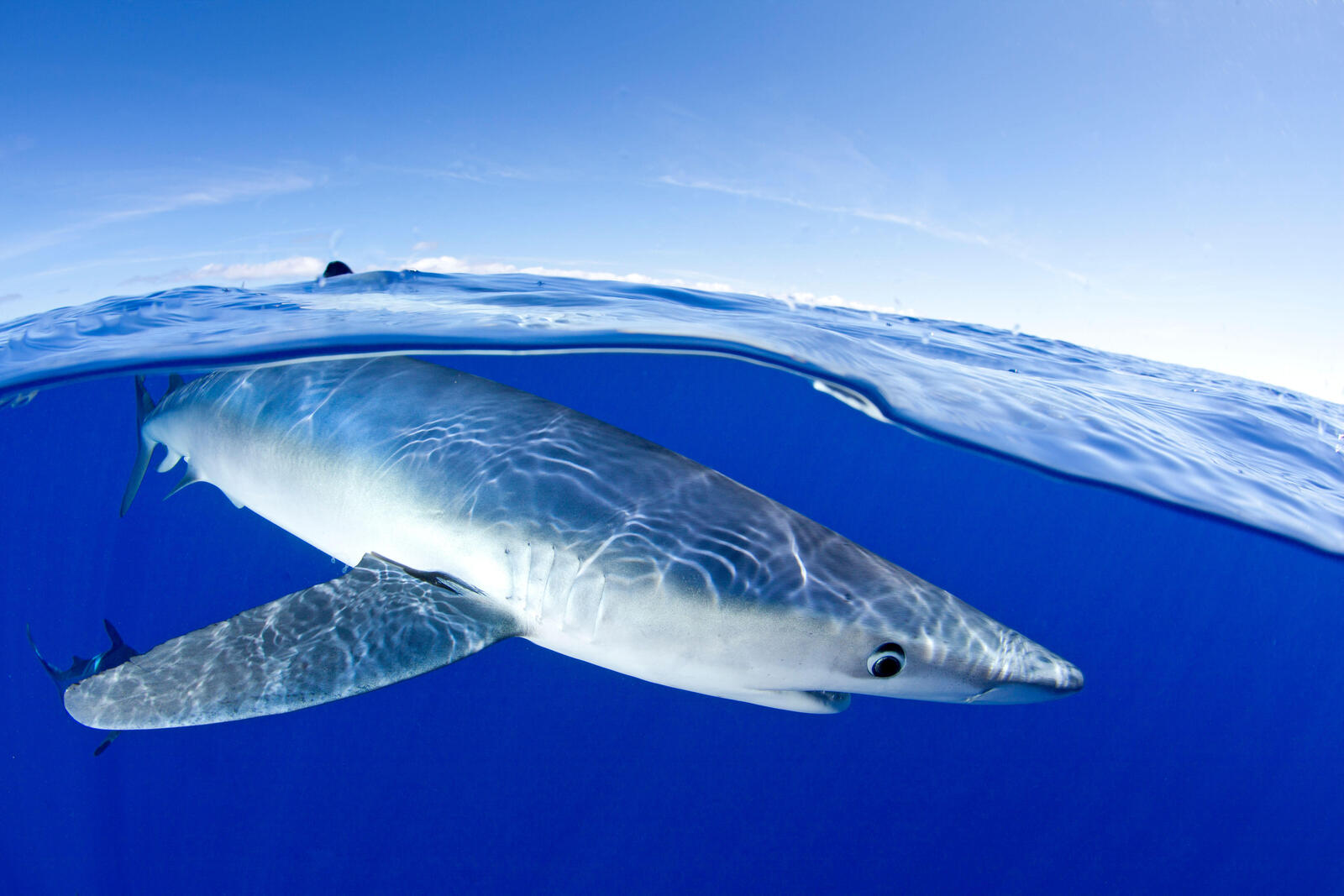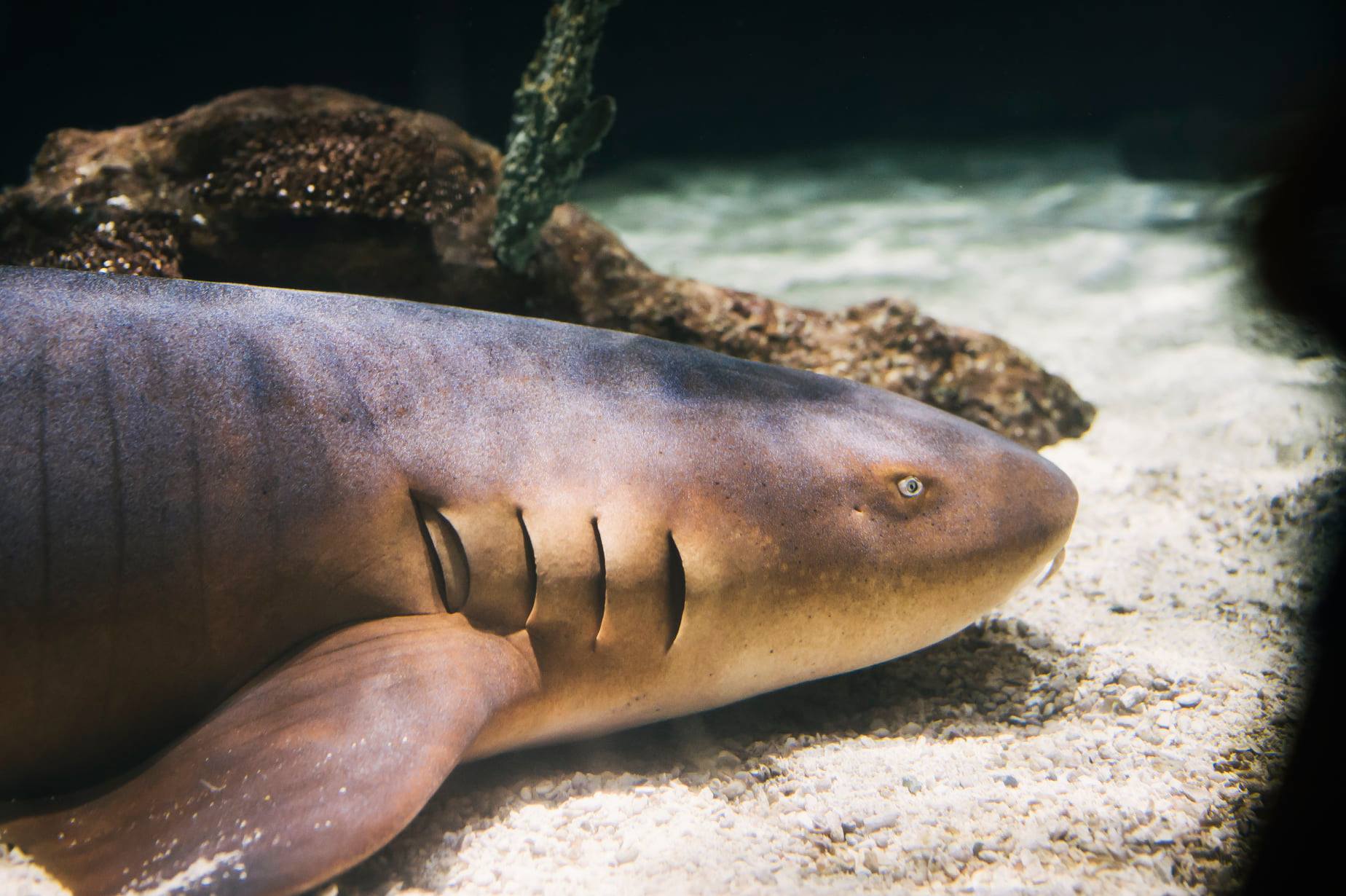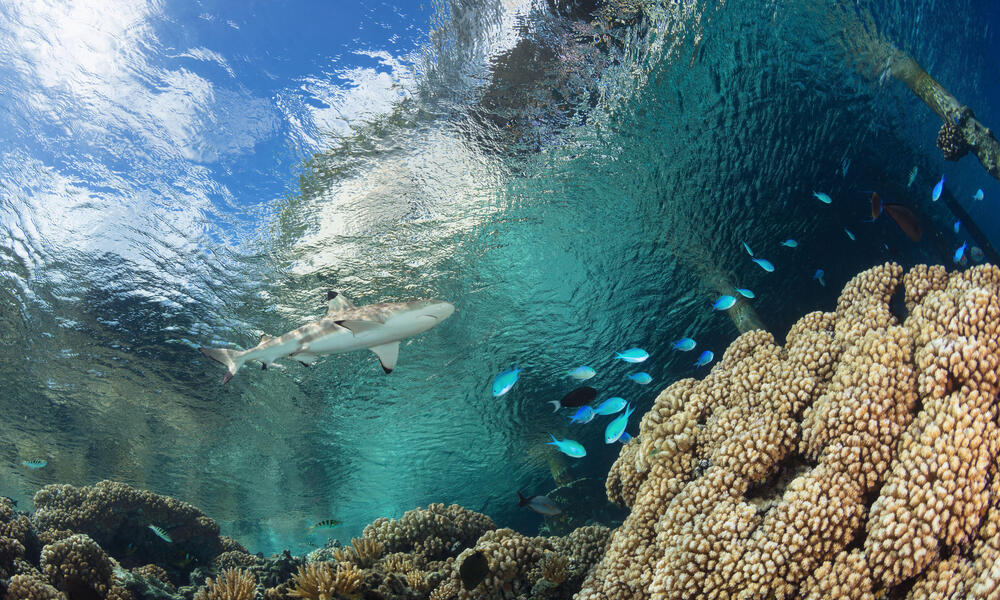Shark Conservation Efforts: How They Support Healthy Ocean Ecosystems
Marine biologist focusing on ocean conservation and plastic waste reduction.

Marine biologist focusing on ocean conservation and plastic waste reduction.

Sharks are essential for maintaining healthy oceans. They are often misunderstood and feared, yet they play a critical role in the marine ecosystem.
Sharks are a keystone species. This means they have a disproportionately large impact on their environment relative to their abundance. They help maintain the delicate balance of marine ecosystems.

Sharks contribute to biodiversity by regulating prey populations. They prevent any one species from becoming too dominant. Their presence ensures a healthy mix of species.
Declining shark populations can lead to an imbalance in the food web. This imbalance can harm coral reefs, seagrass beds, and other vital habitats. Overfishing is the primary threat to sharks, with an estimated 100 million sharks killed annually.
Protecting sharks has a positive ripple effect on the entire marine ecosystem. Conservation efforts help maintain biodiversity and ecosystem health.
Sharks help keep coral reefs healthy. They prey on larger fish like groupers, which in turn allows smaller, algae-eating fish to thrive. These smaller fish help control algae growth, which is crucial for coral health.

Sharks play a vital role in nutrient cycling. They move nutrients between different ocean layers through their feeding and migration patterns. Grey reef sharks, for example, transfer nitrogen from deeper waters to shallow reefs through their excrement.
Sharks regulate prey populations, preventing overgrazing and maintaining balance. Tiger sharks, for instance, help control sea turtle populations, which prevents them from overgrazing on seagrass meadows. Seagrass meadows are vital for carbon sequestration, capturing atmospheric carbon 35 times faster than tropical rainforests.
Many organizations are working to protect sharks through various conservation programs. These programs have shown promising results in restoring shark populations and improving ocean health.
Global initiatives are crucial for shark conservation. Organizations like the Shark Conservation Fund and regional fisheries management organizations (RFMOs) play a significant role. They implement measures to protect sharks and promote sustainable fishing practices.
The Shark Conservation Fund focuses on restoring ocean health through shark conservation. They support projects that address overfishing and promote sustainable policies. Their work helps maintain the balance of marine ecosystems.
RFMOs are international bodies that manage fish stocks in specific regions. They play a crucial role in shark conservation by implementing measures to reduce bycatch and promote sustainable fishing. These measures help protect shark populations and maintain ecosystem health. NOAA Fisheries also work with three regional fishery management councils to conserve and sustainably manage sharks in the Pacific Ocean.
New technologies and strategies are being developed to enhance shark conservation. These include using AI, drones, and satellites to monitor shark populations and track illegal fishing activities. Learn more about how these innovative technologies are being used in our post on Using AI, Drones, and Satellites to Safeguard Our Oceans and Marine Life.

Local communities play a crucial role in shark conservation. Engaging them in conservation efforts can lead to more sustainable practices and better protection for sharks.
Engaging local communities is essential for successful conservation. When communities are involved, they are more likely to support and participate in conservation efforts. This can lead to more effective and sustainable practices.
Traditional knowledge can provide valuable insights into shark behavior and ecology. Incorporating this knowledge into conservation strategies can enhance their effectiveness. Local fishers often have a deep understanding of their environment, which can inform conservation efforts.
Community-based projects have shown great success in shark conservation. For instance, projects that integrate local ecological knowledge with scientific data have led to better management practices. These projects often involve local fishers in monitoring and conservation activities. Save Our Seas Foundation project leaders and marine scientists Alifa Haque and Nadia Rubio specialize in integrating local and traditional knowledge with ecological data to gain a bigger picture of what is happening to endangered species of sharks and rays.
Despite progress, many challenges remain in shark conservation. Addressing these challenges is crucial for the long-term health of our oceans.
Overfishing and habitat loss are major threats to sharks. Addressing these issues requires implementing stricter fishing regulations and protecting critical habitats. Marine Protected Areas (MPAs) can play a vital role in conserving shark populations and their habitats. To learn more about the importance of MPAs, check out our post on Why Antarctic Marine Protected Areas Matter for Global Biodiversity.

Policy plays a crucial role in shark conservation. Governments need to implement and enforce policies that protect sharks and promote sustainable fishing. International cooperation is also essential, as many shark species are migratory. The Convention on the Conservation of Migratory Species of Wild Animals is an intergovernmental treaty concerned with the conservation of wildlife and habitats on a global scale.
Further research is needed to better understand shark ecology and the threats they face. This research can inform more effective conservation strategies. Additionally, raising public awareness about the importance of sharks is crucial for gaining support for conservation efforts.
Shark conservation is vital for maintaining healthy ocean ecosystems. Sharks play a critical role in regulating prey populations, cycling nutrients, and supporting biodiversity.
Protecting sharks has far-reaching benefits for marine ecosystems and the planet. Conservation efforts, community involvement, and effective policies are essential for ensuring the survival of these important species. As apex predators, they stabilize food webs and act as a barometer for ocean health.
We all have a role to play in protecting our oceans. Supporting sustainable seafood choices, reducing plastic use, and advocating for stronger conservation policies can make a difference. Together, we can ensure that sharks continue to thrive and maintain the health of our oceans. The preservation of our sharks will have a ripple effect on broader conservation issues: protecting our ocean’s health, the world’s food security, and the economic stability of hundreds of millions of people.
Key Takeaways:
— in Ocean Conservation
— in Ocean Conservation
— in Wildlife Conservation and Deforestation
— in Wildlife Conservation and Deforestation
— in Wildlife Conservation and Deforestation